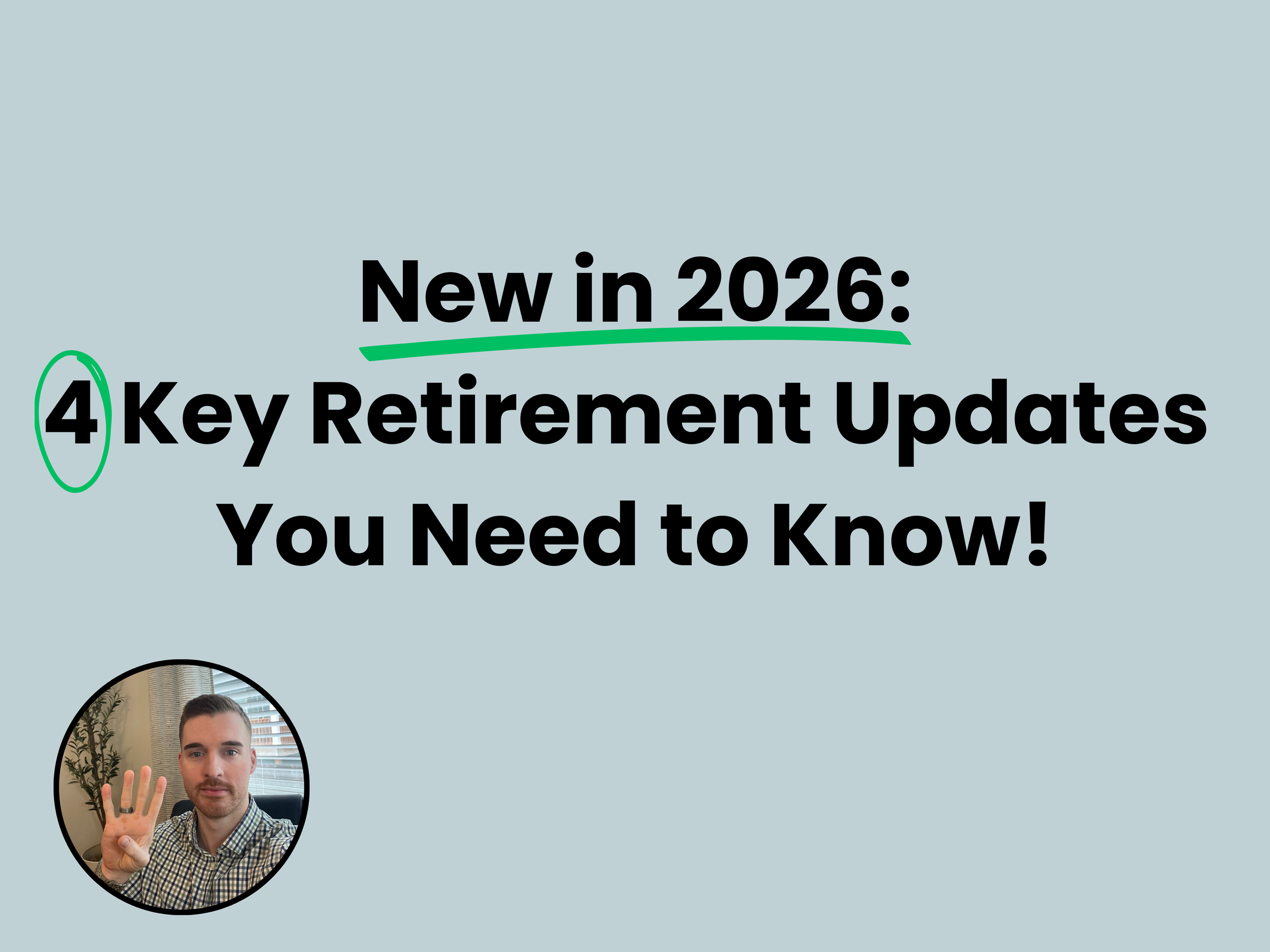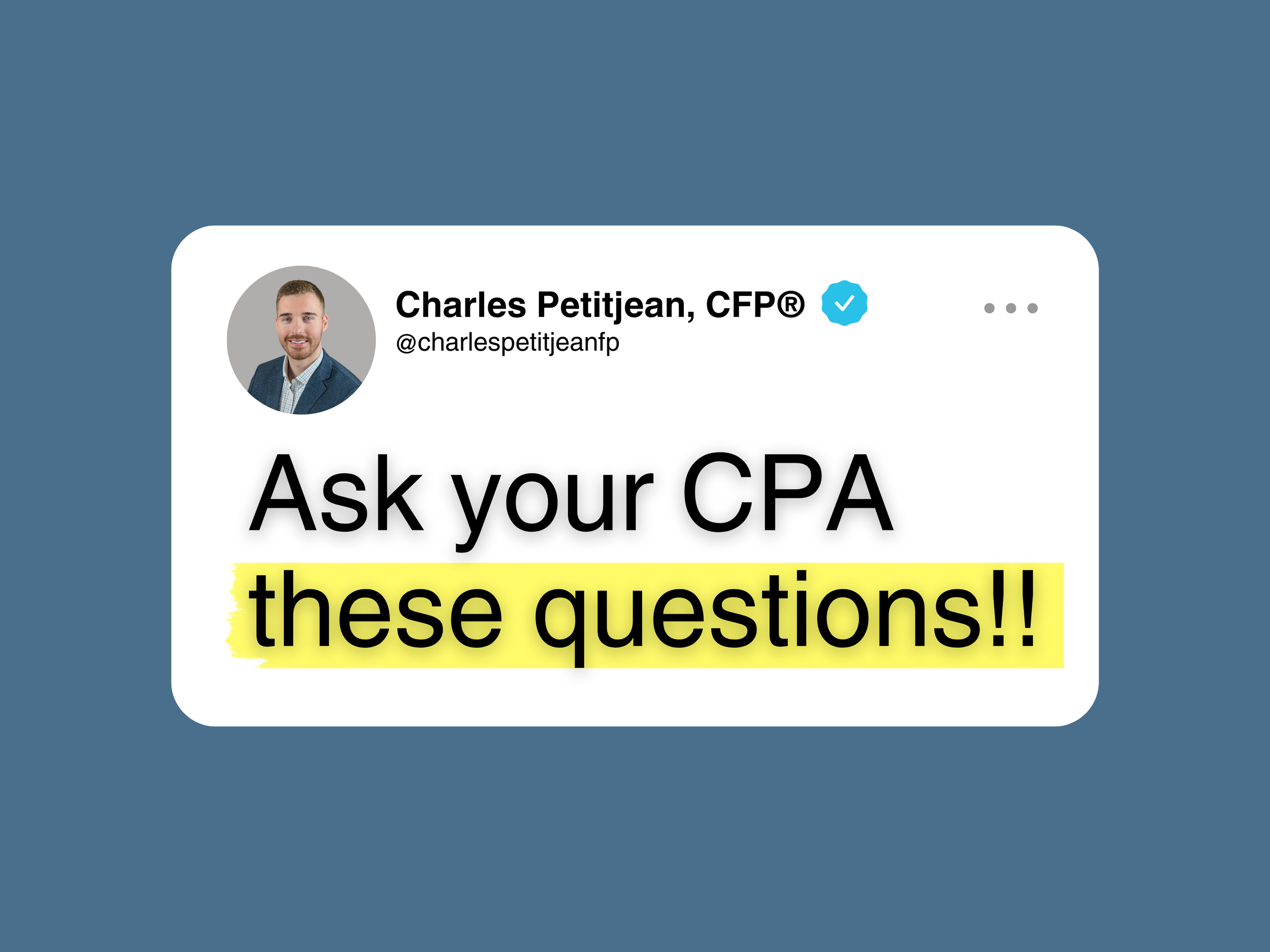Do I Really Need a Financial Planner?
If you have the time, knowledge, and discipline, then maybe not. However, there are some limitations to this approach that you should be aware of.
There’s no shame in asking: Do I actually need a financial planner?
The truth? Not everyone does.
If you have the time, technical competency, and discipline to manage your financial life, and you genuinely enjoy doing it, you may be perfectly fine without professional help… for a while.
But as life gets more complex, the margin for error increases, and so does the value of having a trusted professional by your side.
When DIY Financial Planning Can Work
If you’re a strong candidate for doing it yourself, you probably:
Have a good understanding of investments, taxes, estate planning, and retirement rules.
Have the time and desire to research, monitor, and update your financial situation.
Don’t get overly emotional when markets are volatile,
You have a clear withdrawal strategy (if nearing retirement) and aren’t second-guessing it,
You regularly coordinate with your CPA, attorney, etc. to ensure no gaps are present.
If that sounds like you, then congrats! You may not need a planner at this stage.
But Even the Most Capable DIYers Have Blind Spots
Even if you're competent at the above, you will inevitably run into the following:
1. You’re probably not as objective about your own money.
Money is emotional. Fact!
It’s hard to be your own behavioral coach when life’s emotions run high. An experienced and competent planner provides you with objective financial advice and can help you avoid costly mistakes due to fear, greed, overconfidence, and cognitive bias.
2. You don’t know what you don’t know.
Planning isn’t just about investing. There are so many topic areas to know about one’s financial situation that have many layers of complexity.
Social Security timing, Roth conversion strategies, charitable giving optimization, tax-aware withdrawal plans, coordinating with trusts, and legacy planning to name several.
These areas are crucially important to get right and can be costly if overlooked, even for smart people.
3. Your time is valuable.
Even if you can manage it, is that how you want to spend your time and retirement?
I come across people often that are VERY smart and capable. They could probably do okay with managing things themselves for a while.
However, they end up deciding that it’s become too much for them. They would rather spend their time elsewhere or delegate their financial stress to someone else in exchange for peace of mind.
4. You may not be the one left handling things.
If something happens to you, will your spouse or heirs know what to do?
A financial planner can be a vital continuity partner, not just for you, but for your family.
When It’s Time to Consider Professional Help
You might want to hire a planner if:
You’ve accumulated significant assets and want to be more strategic with taxes
Retirement is on the horizon and you’re unsure about income, timing, or risks
You and your spouse aren’t on the same financial page
You’re managing inherited wealth, a business transition, or charitable plans
You simply want a second opinion and expert coordination
The Decision Rests With You!
You don’t need a financial planner for every stage of life.
But at a certain point, the cost of not working with one (missed opportunities, inefficiencies, or stress) can start to outweigh the cost of hiring one.
A good planner won’t just manage your money. They’ll help you manage all of the complexities around your money and financial life, so you can focus on what truly matters to you and your family.




